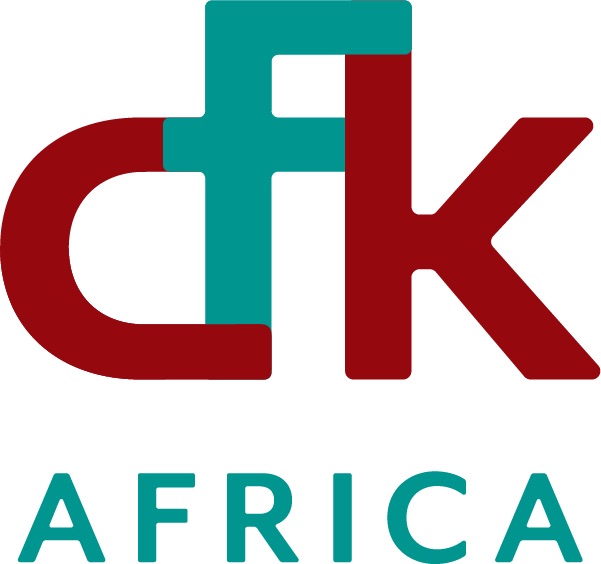International NGO has long tracked infectious disease with U.S. Centers for Disease Control
NAIROBI, KENYA — As the African continent faces the spread of the Mpox virus, leading public health NGO CFK Africa offers five actionable steps for fighting the potential surge of the deadly virus in Kenya’s informal settlements and elsewhere throughout the country.
After an upsurge in cases in the Democratic Republic of the Congo and other African countries recently, the Africa Centres for Disease Control and Prevention declared Mpox a public health emergency of continental concern, the first time it has done so in history.
“As we have long worked to track infectious diseases like the coronavirus pandemic, we are similarly ready to see our communities through this health emergency,” said CFK Africa Executive Director Jeffrey Okoro. “While we hope that Mpox doesn’t spread in Kenya, we want to be ready if it does.”
In partnership with the U.S. Centers for Disease Control and its Kenyan counterpart, the Kenya Medical Research Institute (KEMRI), CFK Africa hosts one of the most extensive urban programs for tracking infectious diseases in an informal settlement globally. These communities, typically characterized by overcrowding, poor infrastructure, and limited healthcare services, are at greater risk of quicker disease spread due to the large population and close living conditions.
CFK Africa lists five actionable steps for communities and public health organizations to take as the world closely monitors the spread of Mpox:
- Don’t underestimate the power of handwashing. Handwashing is a highly effective tool and a key component of CFK Africa’s water, sanitation, and hygiene efforts to fight the spread of disease in low-resourced communities. Education on the importance of hand hygiene, as well as how and when to wash your hands, is a highly cost-effective way to fight viral spread.
- Train Community Health Promoters. Community health promoters (CHPs) are an integral part of CFK Africa’s community health strategy. They take health education directly to residents’ homes, act as a bridge between health facilities and the community, conduct home-based health screenings, refer residents to clinics, and conduct follow-up visits with patients. They are important allies in spreading the word about Mpox symptoms and prevention tips.
- Counter biases. When a disease initially affects a specific community or demographic group, convincing the global community of its urgency can be a challenge. Relevant and informative public health messaging is important to counter prejudices early, increase empathy, and inspire global action.
- Build coalitions and powerful partnerships. CFK Africa’s theory of change emphasizes powerful partnerships. During public health emergencies, nonprofits, government agencies, and private businesses should all do their part to share information and enable faster responses.
- Work to fight misinformation. There are many misconceptions about Mpox that can quickly spread through a community, undermining public health efforts and undoing progress in combating transmission. By collaborating with a team of community health promoters to engage individuals one-on-one and educate them about Mpox and how to prevent its transmission, we can reassure community members and minimize misconceptions.
Also known as monkeypox, the virus is spread through close contact with an infected person, direct contact with infected animals, or contact with contaminated materials. CFK Africa has trained its clinic staff and community health promoters to recognize the headaches, muscle aches, and characteristic rash that are symptomatic of the disease, ensuring that informal settlement communities are not left behind as East Africa braces for further disease spread.
Since 2007, CFK Africa has partnered with the CDC in Kenya to track the spread of infectious diseases among approximately 30,000 residents of Kibera, Africa’s largest informal settlement outside Nairobi. The partnership is one of the most significant population-based infectious disease surveillance initiatives, known as PBIDS, and was instrumental in CFK Africa’s efforts during the coronavirus pandemic.
“Thanks to our partnership with the CDC, we are confident that we will be able to track and respond to any outbreaks in Kibera, whether it’s Mpox today or some other infectious disease tomorrow,” added Okoro. “The PBIDS initiative has given informal settlements the kinds of reliable data they so often lack.”

***
About CFK Africa
Founded in 2001, CFK Africa works to improve public health and economic prosperity in informal settlements in Kenya through integrated health and youth leadership initiatives. Using a participatory development approach, the organization works directly with community residents to develop and implement sustainable programs. After marking 20 years of service in Kibera in 2021, CFK began expanding to 25 informal settlements across eight counties in Kenya, including Kajiado, Kiambu, Kilifi, Kisumu, Machakos, Mombasa, Nairobi and Nakuru.
For more information, visit www.cfkafrica.org.
